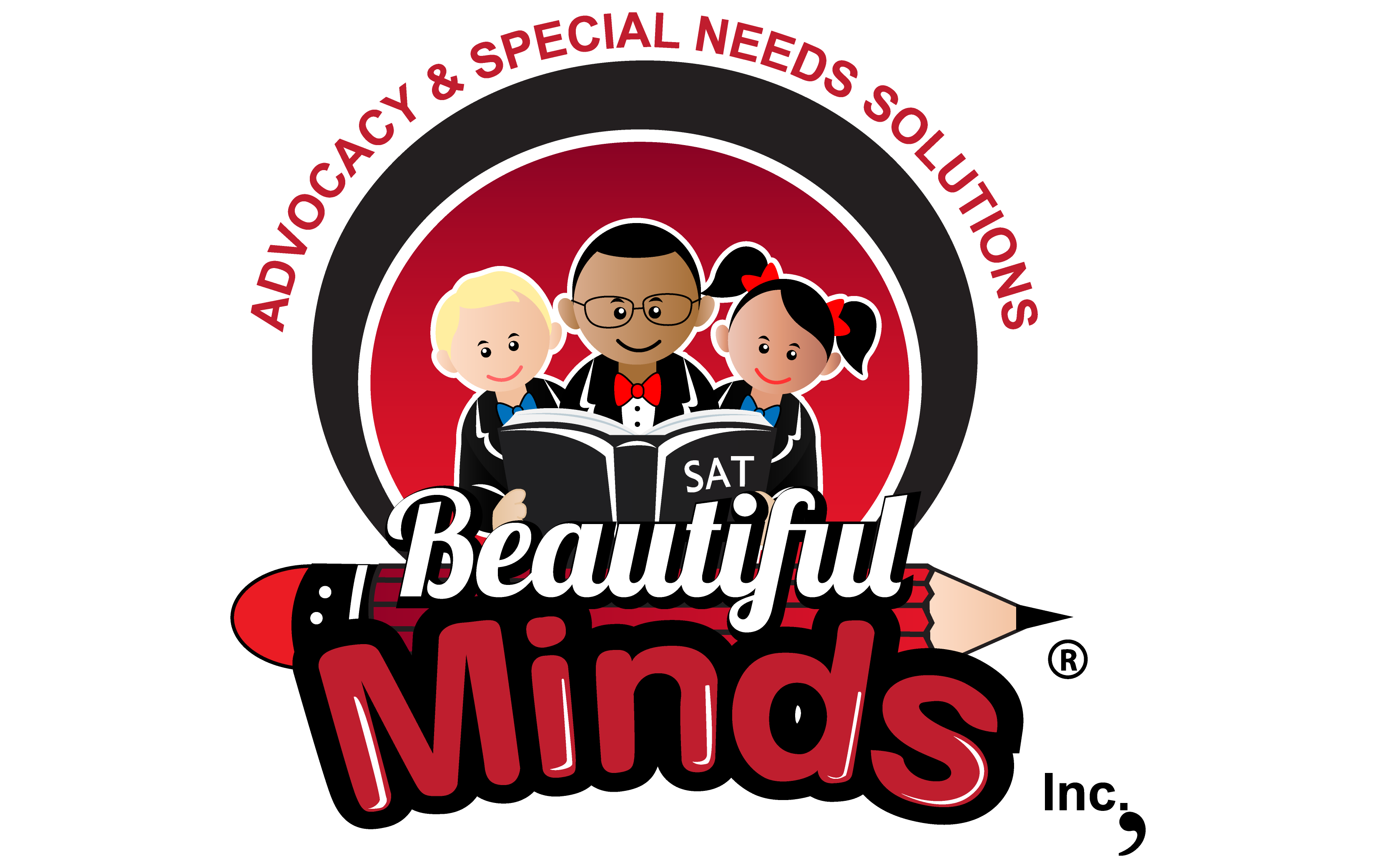By: Dr. Ifeanyi Ufondu, Ph.D
The school bell may stop ringing, but summer is a great time for all kinds of educational opportunities. Children with learning disabilities particularly profit from learning activities that are part of their summer experience — both the fun they have and the work they do.
Beautiful Minds Inc. found Dr. Ifeanyi Ufondu, Ph.D. has packed this virtual Beach Bag of activities for teachers to help families get ready for summer and to launch students to a fun, enriching summer.
In the virtual Beach Bag you’ll find materials you can download and distribute, but you’ll also find ideas for things that you may want to gather and offer to students and parents and for connections you’ll want to make to help ensure summer learning gain rather than loss.
– Put an article on strategies for summer reading for children with dyslexia in your school or PTA newsletter. Send it home with your students to the parents.
If many of your students go to summer camp, send the parents When the Child with Special Needs goes off to Summer Camp an article by Rick Lavoie which tells parents what to do to support their children during camp.
– Teach them an important skill they can use over the summer. Read Teaching Time Management to Students with Learning Disabilities to learn about task analysis, which families can use to plan summer projects.
– Make sure your students are able to read over the summer — put books into children’s hands. Register with First Book and gain access to award-winning new books for free and to deeply discounted new books and educational materials.
– Tell your parents about Recording for the Blind and Dyslexic, which allows their children to listen to books over the summer.
– Encourage writing. Send The Writing Road home to your parents so they can help their children. Give each of your students a stamped, addressed postcard so they can write to you about their summer adventures.
– Get your local public library to sign kids up for summer reading before school is out. Invite or ask your school librarian to coordinate a visit from the children’s librarian at the public library near the end of the school year. Ask them to talk about summer activities, audio books, and resources from the National Library for the Blind and Physically Handicapped. Have them talk about summer activities at the library and distribute summer reading program materials.
– Study reading incentive programs by publishers and booksellers such as Scholastic’s Summer Reading Buzz, HarperCollins Children’s Books Reading Warriors, or the Barnes & Noble Summer Reading Program. If you think these programs will motivate your students, let the families know about them. Find ways to make accommodations so they can participate if necessary.
– Offer recommended reading. LD OnLine’s Kidzone lists books that are fun summertime reads. The Association for Library Services to Children, a division of the American Library Association, offers lists for summer reading. Or ask your school or public librarian for an age-appropriate reading list.
– Encourage your parents to set up a summer listening program which encourages their children to listen to written language. Research shows that some children with learning disabilities profit from reading the text and listening to it at the same time.
– Offer recommendations for active learning experiences. Check with your local department of parks and recreation about camps and other activities. Find out what exhibits, events, or concerts are happening in your town over the summer. Encourage one of your parents to organize families of children with learning disabilities together for learning experiences.
Dr. Ufondu also desires for parents to plan ahead. Work with the teachers a grade level above to develop a short list of what students have to look forward to when they return to school in the fall. Many kids with learning disabilities will want to study over the summer so that they can get a head start.
By: Dr. Ifeanyi A. Ufondu, Founder
Along with new smiling faces, a new school year brings special education teachers new IEPs, new co-teaching arrangements, new assessments to give, and more. In order to help you be as effective as you can with your new students, we’ve put together our top 10 list of back-to-school tips that we hope will make managing your special education program a little easier.
1. Organize all that paperwork
Special educators handle lots of paperwork and documentation throughout the year. Try to set up two separate folders or binders for each child on your case load: one for keeping track of student work and assessment data and the other for keeping track of all other special education documentation.
2. Start a communication log
Keeping track of all phone calls, e-mails, notes home, meetings, and conferences is important. Create a “communication log” for yourself in a notebook that is easily accessible. Be sure to note the dates, times, and nature of the communications you have.
3. Review your students’ IEPs
The IEP is the cornerstone of every child’s educational program, so it’s important that you have a clear understanding of each IEP you’re responsible for. Make sure all IEPs are in compliance (e.g., all signatures are there and dates are aligned). Note any upcoming IEP meetings, reevaluations, or other key dates, and mark your calendar now. Most importantly, get a feel for where your students are and what they need by carefully reviewing the present levels of performance, services, and modifications in the IEP.
4. Establish a daily schedule for you and your students
Whether you’re a resource teacher or self-contained teacher, it’s important to establish your daily schedule. Be sure to consider the service hours required for each of your students, any related services, and co-teaching. Check your schedule against the IEPs to make sure that all services are met. And keep in mind that this schedule will most likely change during the year!
5. Call your students’ families
Take the time to introduce yourself with a brief phone call before school starts. You’ll be working with these students and their families for at least the next school year, and a simple “hello” from their future teacher can ease some of the back-to-school jitters!
6. Touch base with related service providers
It’s important to contact the related service providers — occupational therapists, physical therapists, speech/language therapists, or counselors — in your school as soon as possible to establish a schedule of times for your students who need these services. The earlier you touch base, the more likely you’ll be able to find times that work for everyone.
7. Meet with your general education co-teachers
Communicating with your general education co-teachers will be important throughout the year, so get a head start on establishing this important relationship now! Share all of the information you can about schedules, students, and IEP services so that you’re ready to start the year.
8. Keep everyone informed
All additional school staff such as assistants and specialists who will be working with your students need to be aware of their needs and their IEPs before school starts. Organize a way to keep track of who has read through the IEPs, and be sure to update your colleagues if the IEPs change during the school year.
9. Plan your B.O.Y. assessments
As soon as school starts, teachers start conducting their beginning of the year (B.O.Y.) assessments. Assessment data is used to update IEPs — and to shape your instruction — so it’s important to keep track of which students need which assessments. Get started by making a checklist of student names, required assessments, and a space for scores. This will help you stay organized and keep track of data once testing begins.
10. Start and stay positive
As a special educator, you’ll have lots of responsibilities this year, and it may seem overwhelming at times. If your focus is on the needs of your students and their success, you’ll stay motivated and find ways to make everything happen. Being positive, flexible, and organized from the start will help you and your students have a successful year.
For more information about starting the year off right, please visit our FAQ section


